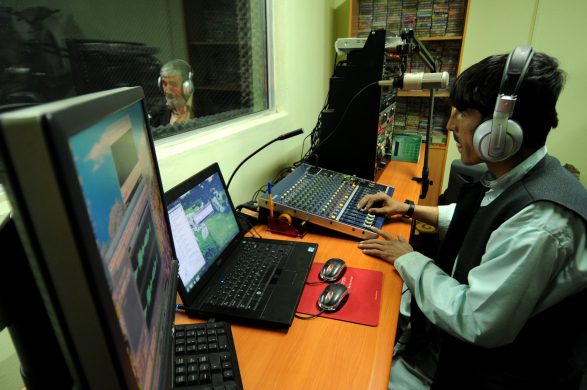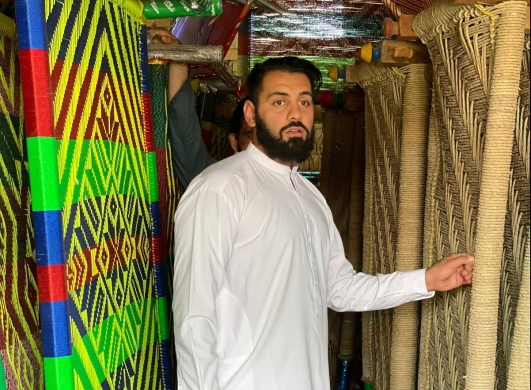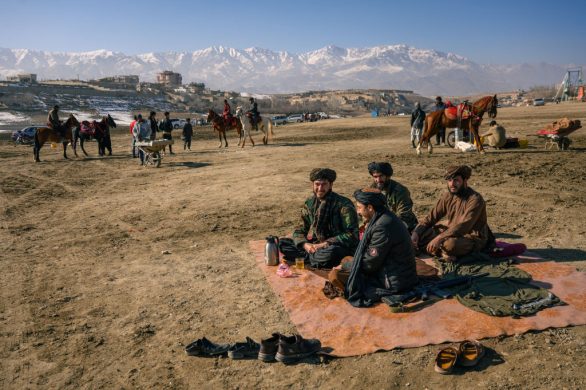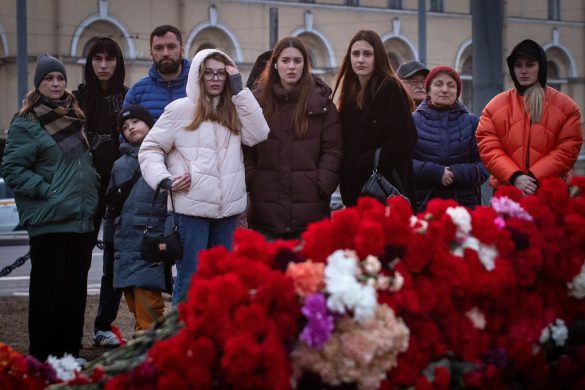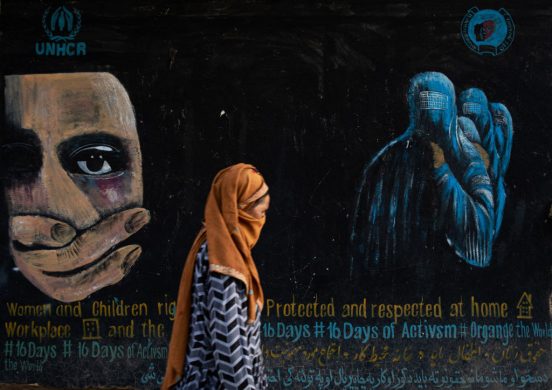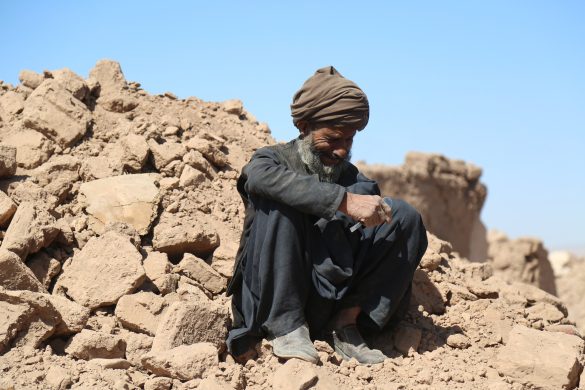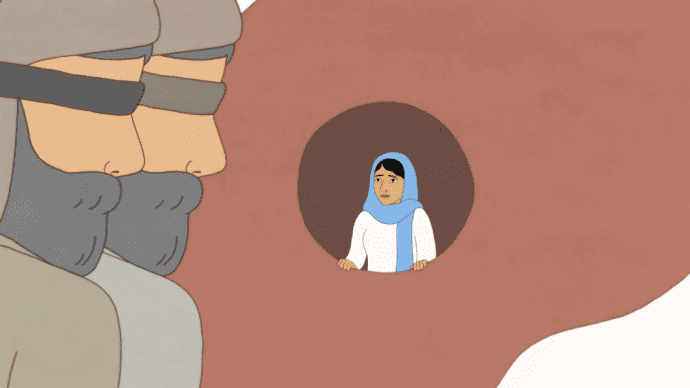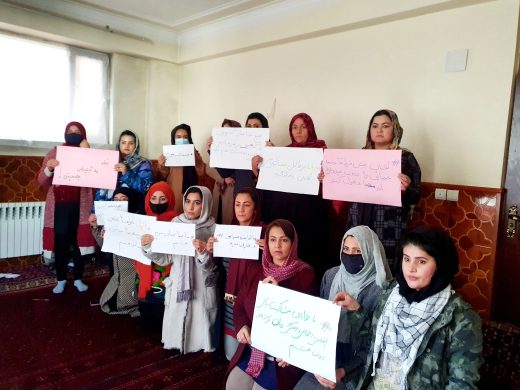Afghanistan was the most dangerous country for media workers during the first six months of 2016, according to the International News Safety Institute’s (INSI) biannual report of media casualties, Killing the Messenger.
Two separate attacks by the Taliban in Afghanistan claimed the lives of 10 media workers between January and June 2016, including eight from Tolo TV, one of Afghanistan’s largest entertainment channels, in a direct attack on press freedom.
Veteran US journalist David Gilkey and Afghan journalist Zabihullah Tamanna were also killed by Taliban militants in June when the armoured vehicle they were travelling in was struck by a rocket-propelled grenade.
A total of 49 media workers died in the first six months of the year, according to Killing The Messenger which is compiled for INSI by the Cardiff School of Journalism. This represents a slight decline compared with this time last year when the number of news media casualties stood at 60. However, that doesn’t mean the situation is improving.
“One reason for this slight decline is likely to be a decrease in the number of journalists reporting from bloody conflicts like Syria where in the past dozens have died – 28 were lost in 2012 for example,” said INSI director Hannah Storm.
“The growing prevalence of censorship is another possible factor in the decrease. In countries like Mexico, Guatemala and the Philippines, where powerful political and business interests often combine to violently silence the news media, the stakes are simply too high for some to continue reporting.”
Murderers go unpunished
Out of the 49 media workers killed so far this year, 26 died in countries supposedly at peace, such as Mexico and Guatemala.
Crime reporter Anabel Flores Salazar was one of eight journalists who died in Mexico, the second most dangerous country to report from, according to Killing The Messenger. The mother of two was murdered after being snatched from her home in Veracruz, a state that has become synonymous with journalist deaths.
Five journalists lost their lives in neighbouring Guatemala – the same number as in Yemen, a nation wracked by armed conflict.
INSI identified only two cases where suspects were identified or arrests made.
“At every international conference I attend, I hear the word impunity, but little has changed. The murderers of journalists are almost never punished,” said Storm.
“Impunity will remain and journalists will continue to die while ineffective authorities allow their killers to get away with murder.”

